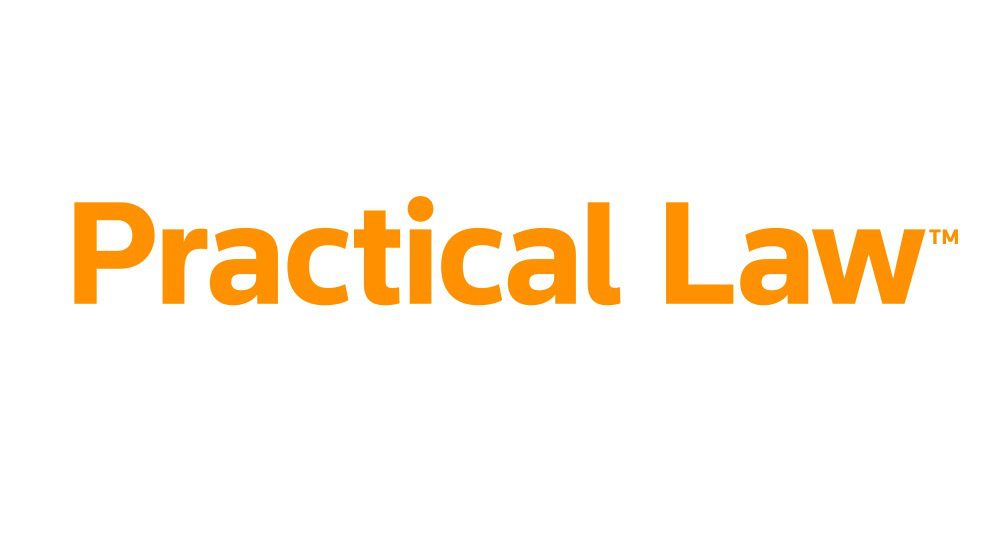Russian Supreme Court upholds setting aside of award for violating principles of fairness and proportionality, and basis of liability for damages
Maxim Kulkov (Managing Partner), Olga Kokoz (Senior Associate), KK&P
In Case No. А40-46243/2019, the Russian Supreme Court agreed with the lower courts in setting aside an arbitration award on the merits, finding that the principle of fairness, and the culpable nature of liability, had been violated. It also held that the amount of damages imposed was greater than the consequences of the breach of contract, therefore also breaching the principle of proportionality of damages granted, which it held formed part of Russian public policy.
The Russian Supreme Court has upheld the lower court’s decision to set aside an award. In doing so, the court clarified that principles of fairness and proportionality apply to damages granted, and that both are part of Russian public policy. This is the second time the Supreme Court has considered this case, having previously overturned earlier lower court judgments that found no grounds to set aside the award.
Russian company (Railtransauto) asked the Russian court to set aside an International Commercial Arbitration Court at the Chamber of Commerce and Industry of the Russian Federation (ICAC) award rendered in favour of Skoda TRANSTECH OY (Skoda). The award granted damages to Skoda based on Railtransauto’s failure to deliver military wagons because of EU sanctions.
The court agreed with Railtransauto’s position that EU sanctions represented an event of force majeure, rendering Railtransauto’s obligations to fulfil the contract impossible. Consequently, there was no fault in Railtransauto’s failure to deliver the wagons. According to the court, ICAC had not properly analysed the impossibility of performance under the contact due to sanctions and wrongly held Railtransauto liable for damages. Therefore, the award had to be annulled as the approach taken by ICAC in the award had breached the principle of fairness forming part of Russian public policy.
Additionally, the courts agreed with Railtransauto’s argument that the amount of damages imposed on it was greater than the consequences of the breach of contract. Therefore, the award also breached the principle of proportionality of liability for damages, which also forms part of Russian public policy.
It seems that the court in this case has applied a highly protectionist approach that amounts to a reconsideration of the case on the merits, establishing new elements for holding a party liable for damages (such as fault), which is contrary to article 3 of the New York Convention. The decision on damages granted also appears misconceived, as the court generally may not assess whether the amount of actual damages is inconsistent with the consequences of the breach as such, although it may consider whether the claimant proved the amount of damages with a reasonable degree of certainty. Skoda has submitted a supervisory complaint to the Presidium of the Russian Supreme Court, but the chances of the court reconsidering this case further are almost non-existent because this review is already of a highly extraordinary nature.
Case No. А40-46243/2019 (4 March 2021).
You can find the link to the full text of the article here or download the pdf of the article here.
Reproduced from Practical Law Arbitration with the permission of the publishers. For further information visit www.practicallaw.com or call 020 7542 6664.

